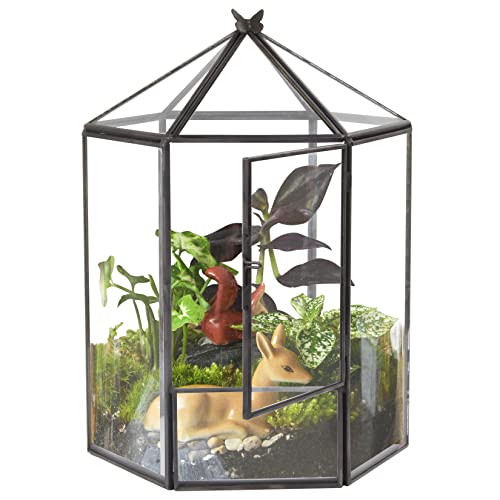[email protected]
Well-known member
I have iris oratoria. I have a few ooths laid on a tree in my backyard. Each ooth usually hatches 6-14 nymphs at a time for about a week. This last week, I saw that my ooths were hatching, but only found a couple nymphs.
Today I saw an ooth start to hatch about 14 nymphs, then an army of ants came. I tried to kill the ants, but I couldn't get them. I only saved 3 nymphs. I was helpless! I'm guessing that same ooth will hatch some more nymphs tomorrow.
I really don't want to hack my tree to cut the ooths off. Also, I noticed that once I move the ooth, while it is in its hatching week (or it is disturbed from a storm), it stops hatching. So, that might not work anyway.
How do I kill the ants without hurting the nymphs!!??
Please help!
Today I saw an ooth start to hatch about 14 nymphs, then an army of ants came. I tried to kill the ants, but I couldn't get them. I only saved 3 nymphs. I was helpless! I'm guessing that same ooth will hatch some more nymphs tomorrow.
I really don't want to hack my tree to cut the ooths off. Also, I noticed that once I move the ooth, while it is in its hatching week (or it is disturbed from a storm), it stops hatching. So, that might not work anyway.
How do I kill the ants without hurting the nymphs!!??
Please help!












































